Breaking Down Emotional Walls for True Healing
In the labyrinth of chronic disease management, there’s a silent, often overlooked adversary lurking in the shadows: the symptoms of being human are the emotional needs that stand between patients and their path to wellness. These must be treated along with other disease symptoms for a health journey to be truly successful. From despair to denial, these invisible chains can be just as debilitating as the physical symptoms of illness, trapping patients in a vicious cycle of fear, shame, and isolation. But what if I told you that by confronting these emotional barriers head-on, we hold the key to unlocking a brighter, healthier future for millions?
Being diagnosed with a chronic illness is like a lifelong companion that threatens to upend your world as you know it. Fear grips you like a vice, squeezing the air from your lungs and clouding your thoughts with a fog of uncertainty. How will you cope? How will you adjust to this new reality? And perhaps most daunting of all, how will you find the strength to face each day with courage and resilience?
The truth is chronic disease isn’t just a physical battle; it’s a psychological and emotional minefield that can wreak havoc on even the strongest of souls. From the crushing weight of depression and anxiety to the paralyzing grip of shame and self-blame, the emotional toll of chronic illness can be overwhelming, leaving patients feeling powerless, defeated, and alone.
But here’s the thing: these emotional barriers are not insurmountable. In fact, they hold within them the seeds of transformation, the potential for growth, and the opportunity to rewrite the narrative of chronic disease from one of despair to one of hope.
So, how do we break free from the shackles of these emotional barriers and reclaim our power in the face of chronic illness? It starts with acknowledging that it’s okay not to be okay—to give ourselves permission to feel whatever emotions arise without judgment or shame. It means reaching out for help when we need it, whether that’s through therapy, support groups, or simply leaning on the shoulders of loved ones who care.
But perhaps most importantly, it means cultivating a sense of resilience—a deep well of inner strength and courage that enables us to face whatever challenges come our way with grace and fortitude. It means recognizing that while chronic illness may change the landscape of our lives, it does not define us, and that we are so much more than the sum of our symptoms.
We are all human. And nothing brings to life what the human-to-human connection can accomplish more than empathy and kindness. Because when it comes to helping others, especially helping others overcome emotional barriers, being human is simpler than you think.


